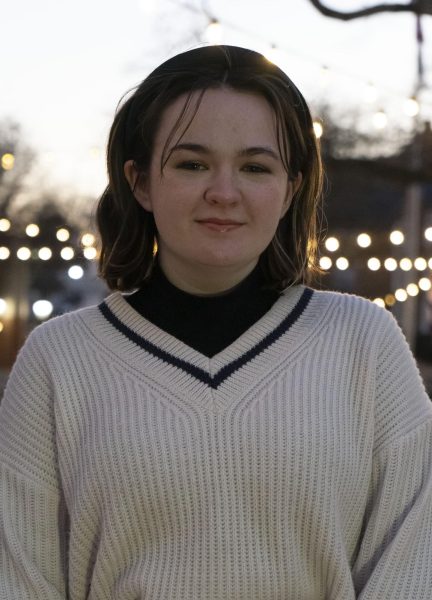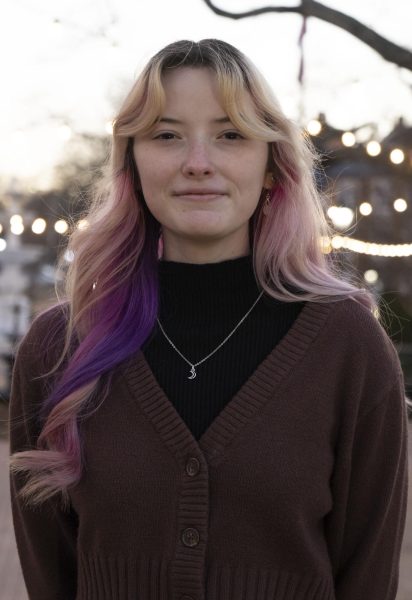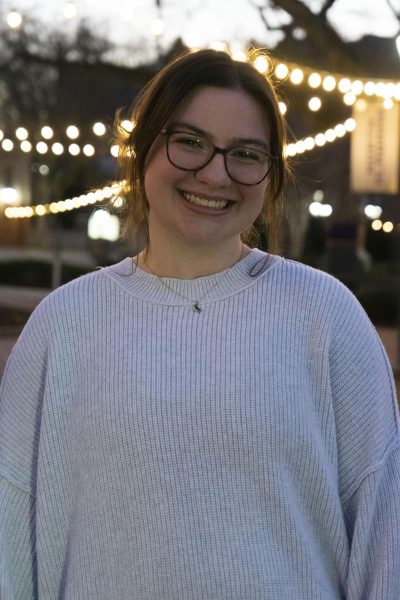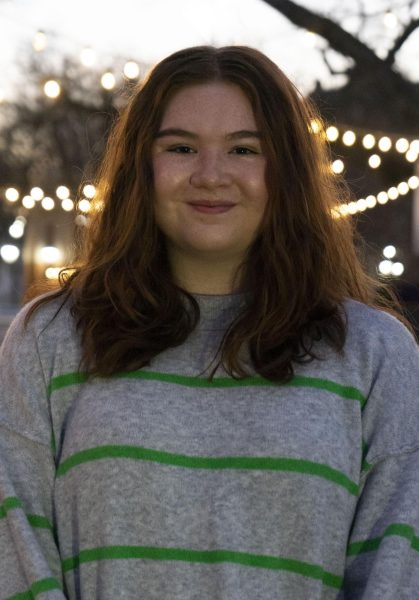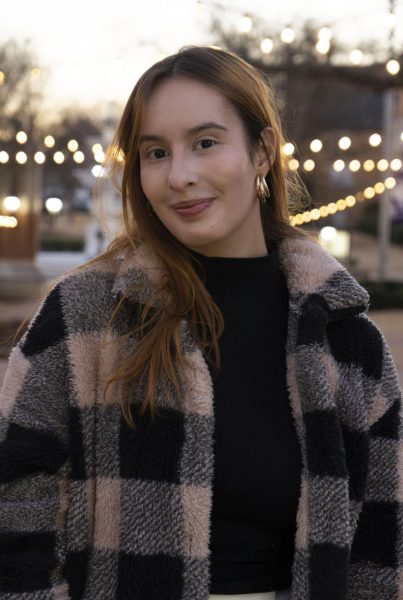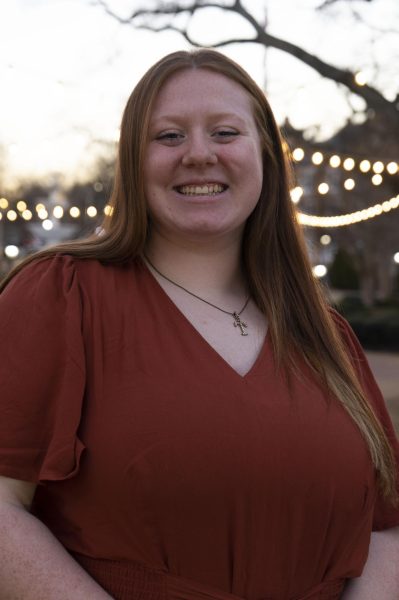Try journalism on for size
April 26, 2012
Warning: you can make maple syrup with the sap that follows.
This is my final paper for the year, and I’m conflicted.
When I got this position about a year ago, I had no clue what I was doing. I had written a handful of stories for The Flor-Ala, none of them any good. Not only that, but I had only a small interest in journalism. I hated the inverted pyramid formula, and AP wasn’t my style (pardon the jargon and pun—and rhyme).
So when I was asked at Hank Klibanoff’s Monday night lecture what it is that drives journalists—what is it in journalists that keeps them going, always finding the story, not stopping at the police tape and always staying hot on the trail of a solid lead, I didn’t know what to say.
But here’s my answer: it’s about telling a story.
Humans have this incredible, innate urge to tell stories. From cave walls to newsprint, we’ve had an evolutionary desire to share experiences with one another.
To me, journalism is an offshoot of that desire. The desire to tell is there; the speaker only needs to find the appropriate mode.
There’s a quotation attributed to several people that goes, “Journalism is the first rough draft of history.” Klibanoff echoed it Monday by saying journalists “sit on the front row of history.”
I’ve experienced these quotations in my job this year. This year, our staff broke D-I news to the public, watched Terry Bowden leave—and followed him with a notepad—experienced four student deaths and covered our area’s own tornado crisis.
I have been on ghost hunts, discussed poetry with Ishmael Reed and got Matisyahu to beatbox in an interview. I may even get J. Cole next week.
Not to mention all of the amazing people I’ve met who have helped me along the way.
So, I’m conflicted.
I want to say—as I’ve alluded to in the office many times in the past few weeks—that I’m happy to be leaving. That I’ll finally be able to sleep Monday nights (and Sunday nights… Tuesday nights…). And that I finally won’t have to worry about misquoting a source or one of the other scandalous things a journalist can do.
But none of that’s true.
I’m going to miss the stories and the bloody red, 4 a.m. eyes. I’ll miss the introductions and shaking of hands and the patience needed in a difficult interview. I’ll miss the 8 a.m. phone calls. I’ll miss our no-windowed office … eh, only a little.
What I’ll say instead is: for those who fancy themselves wriers, try journalism on for size and see how it fits. At the very least you can get the campus mad at you before you leave.



